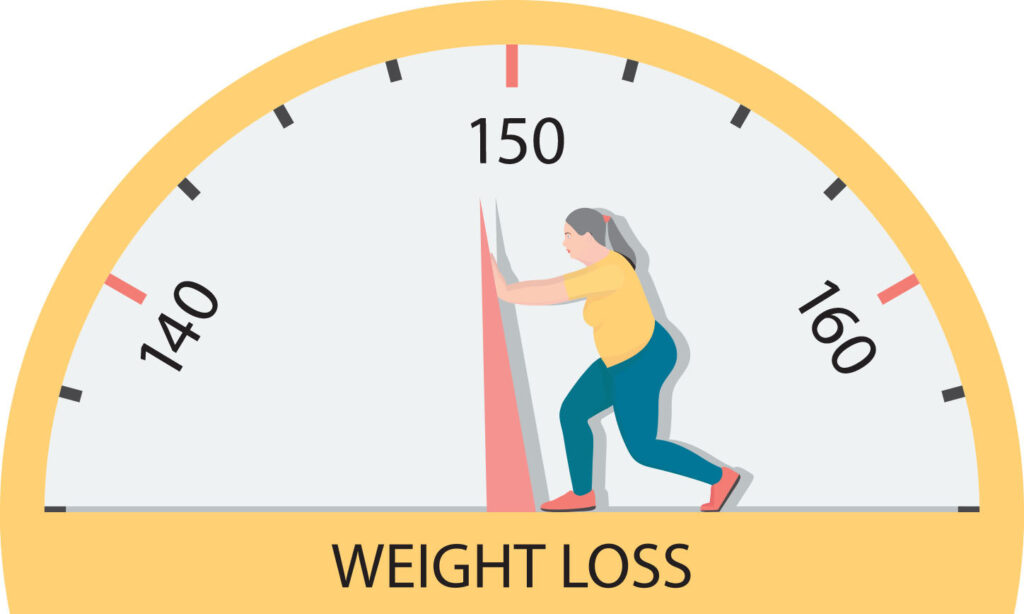People often associate eating healthy as a part of dieting. In reality, this is not true. Healthy eating isn’t about losing weight. It has never been about losing weight. It’s about being fit mentally and physically.
Our body needs to function properly. For this purpose, it needs all the necessary nutrients to ensure that its functionality is unparalleled. But what constitutes healthy eating? Of course lots of fruits, vegetables, proteins, healthy fats, healthy carbs, and whole grains. Again, it’s not just about eating. You also need to be mindful about how you are preparing your food. It’s better that you avoid processed food, fried items, and foods high in artificial salt and sugar for excellent results.
Here are some benefits of eating healthy that include:
- Strong teeth and bones
- Better memory
- Better gut health
- Reduced risk of cancer
- Improved heart health
- Role in weight loss
- Better health for next generation
1. Strong Teeth and Bones:
Almost 11.3 million of Pakistan’s population suffers because of osteoporosis. And this number is expected to reach 20 million by 2050. A healthy diet ensures better bone health that can minimize the risk of bone issues such as osteoporosis. A diet rich in magnesium and calcium is recommended for strong teeth and bones. Some of the foods rich in calcium include legumes, cabbage, low-dairy items, cauliflower, broccoli, etc. Magnesium on the other hand is abundant in many food items including nuts, whole grains, leafy greens, seeds, and nuts, etc.
2. Better Memory:
Currently, about one million of Pakistan’s population is suffering from dementia (Age 61 and above). Better eating patterns and a healthy diet, in general, plays a very vital role in maintaining brain health and cognition. A study conducted back in 2015 was able to find a link between being healthy and having a healthy diet. It also identified some of the nutrients that protect against dementia and cognitive decline. The list includes vitamin C, D, and E, polyphenols and flavonoids, fish, and omega-3 fatty acids.
3. Better Gut Health:
Honestly, you shouldn’t rely on expensive supplements to improve your gut health. All the good bacteria needed to improve your gut health can be extracted from healthy foods. So why rely on medicine when you can just start eating healthy? Legumes, beans, fresh fruits, fresh vegetables, and whole-grain provide the needed nutrients for the bacteria in our gut that keeps us healthy. Yogurt and fermented food also play an important role in improving gut health.
Let me make this a bit exciting for you. You can now eat your favorite dark chocolate for it has more health benefits than any other processed food. Studies find out that dark chocolate has been improving gut health for years now. It’s also recommended that you reduce your intake of artificial sweeteners to move towards a healthier lifestyle.
4. Reduced Risk of Cancer:
When you incorporate a diet rich in antioxidants, you automatically reduce your chances of developing cancer. This is because antioxidants protect your cells from getting damaged. Free radicals in the body increase the chances of developing cancer but anti-oxidants remove them timely before any real damage is done. Fruits, legumes, vegetables, and nuts have phytochemicals such as lycopene, vitamin C, E, and A, and beta-carotene that act as anti-oxidants. Other foods high in anti-oxidants include pumpkins, carrots, berries (raspberries and blueberries), seeds, nuts, and dark leafy greens.
5. Improved Heart Health:
A famous dietary approach known as Dash Diet is well-known for reducing the chances of developing heart diseases and hypertension. This diet incorporates a lot of healthy foods for your heart. More than a diet, it is a lifestyle. Limiting the intake of sugary drinks and foods, saturated fats, trans-fat, reduction in the intake of sodium plays a huge role in improving heart health. It’s recommended that you eat plenty of vegetables, fruits, and whole grains. You should also shift towards low-fat dairy products or go towards fat-free.
6. Role in Weight Loss:
When someone maintains his/her weight, it reduces the chances of developing chronic health issues by 45%. Being overweight or obese has several risk factors associated including cancer, poor bone density, heart diseases, and type-2 diabetes. Many healthy foods are much lower in calories as compared to other unhealthy foods. It’s not hard to stay within your dietary limit when you are eating healthy.
7. Better Health for Next Generation:
Believe it or not, we develop most of our behavioral patterns including eating patterns seeing everyone around us. Parents and adults who eat healthily tend to pass their habit of healthy eating. Eating at home can solve 50% of the problem. A study conducted in 2018 found out that people who were eating at home were consuming more veggies and lesser sugar foods as opposed to those who did not eat at home often. Moreover, children who contribute to cooking, gardening, and other household chores may be more likely to make wholesome dietary and lifestyle choices.
Regardless, this doesn’t mean that you can’t have your favorite chocolate bar again. As long as you are mindful of your daily nutrition, you are good to go.















